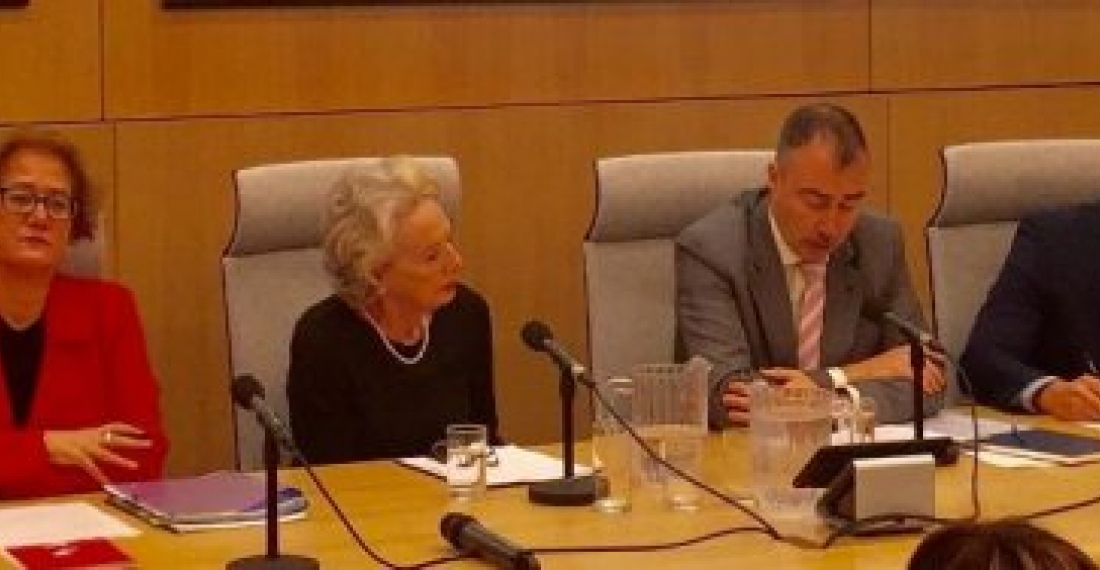Международное сообщество вновь подтвердило свою приверженность поддержке стран Южного Кавказа, особенно в их усилиях по разрешению конфликтов в регионе. В понедельник, 12 ноября, представители Европейского союза (ЕС), Организации Объединенных Наций (ООН) и Организации по безопасности и сотрудничеству в Европе (ОБСЕ), собрались вместе с десятками экспертов и ученых, чтобы обсудить текущие процессы на Южном Кавказе, перспективы регионального сотрудничества и способы решения проблем, связанных с неразрешенными конфликтами. В этом году тема Третьей Оксфордской конференции по современным проблемам Южного Кавказа, совместно организованной LINKS (DAR) и Оксфордским университетом: "Региональное сотрудничество на Южном Кавказе: слабое, но необходимое".
Баронесса Одри Гловер в начале открытия сессии предложила участникам почтить память минутой молчания тех, кто пал в Первой мировой войне, и во всех конфликтах с тех пор, в том числе в конфликтах на Южном Кавказе.
Затем на конференции были заслушаны вступительные слова Тойво Клаара, Специального представителя Европейского союза по Южному Кавказу и конфликтам в Грузии; Чихана Султаноглу, представителя Организации Объединенных Наций на Женевских международных дискуссиях; и Рудольфа Михалка, Специального представителя Председательства ОБСЕ на Южном Кавказе. Все три оратора говорили об интенсивном вовлечении международного сообщества в регион и в три страны, особенно в отношении мирного урегулирования конфликтов.
источник: commonspace.eu
фото: Чихан Султаноглу, Одри Гловер, Тойво Клаар и Роберт Михалка на открытии 3-й Оксфордской конференции по современным проблемам Южного Кавказа, состоявшейся в Оксфордском университете, 12 ноября 2018 года.





